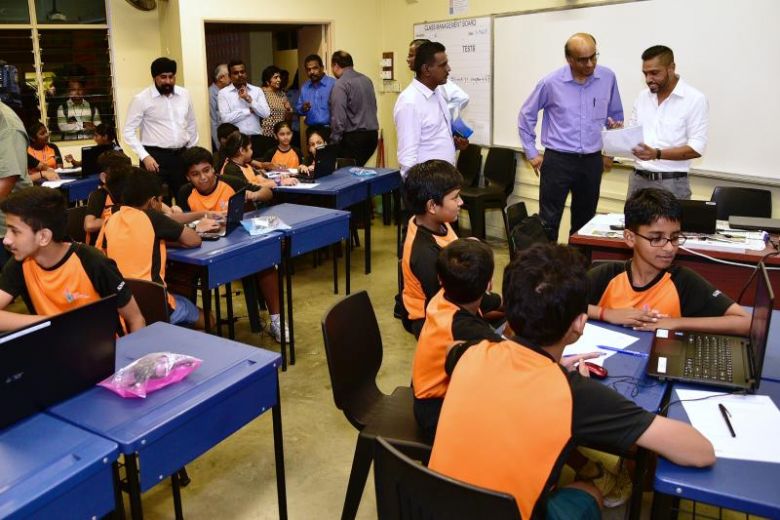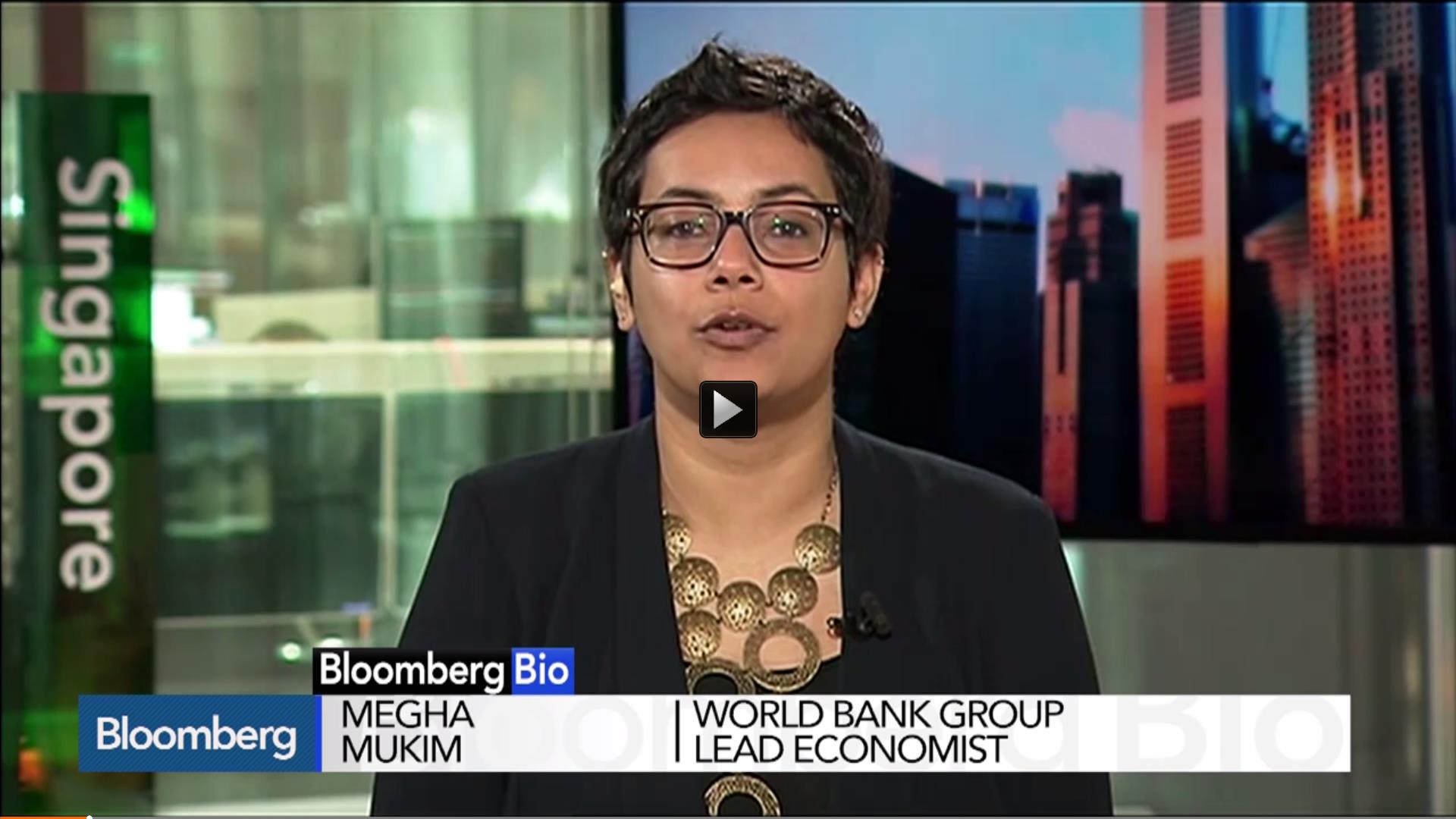Anushna Jha and Mehrin Shah explore how parental involvement in schools can enhance the positive effects on student performance during elementary and secondary education.

Understanding parental involvement
Parental involvement underscores the shared responsibility that educational institutions and families have towards student learning. It can be described as a bunch of various parental practices such as parental aspirations for their child’s academic achievement, communication with their children about school, participation in school activities and education-related support at home.
Ways and forms
There are various ways of having parental involvement in schools. Periodic parent-teacher meetings (PTMs), where parents are invited to meet their wards’ teachers and discuss academic performance and other issues concerning the student, are arguably the most common. Most schools have parent-teacher associations (PTA), set up with the purpose of facilitating school improvement through parental involvement. Additionally, there are school events that parents are invited to attend, including cultural programmes, intra-school competitions, award ceremonies. There is scope for parental involvement with school projects, preparation for tests, and facilitating training in co-curricular skills. Educational trips to museums, exhibitions and public discussions are also ways in which parents aid their child’s learning. The creation of a conducive environment at home for the child to follow academic pursuits is of importance. Ensuring lack of distractions such as a noisy home, giving access to learning aids such as newspapers, and an implicit encouragement to study are ways in which parents can create an enabling learning environment at home.
The concept of academic socialisation is of relevance here. It is a process during which parents discuss educational goals and future plans with their wards. Through this, parents communicate their own aspirations for their child’s education and engage in conversations about what the child can pursue academically and professionally in the future. It includes discussing learning strategies with students and attempting to connect in-school learning to the child’s aptitude and interest. At its most fundamental level, it means conveying the importance of education to the child. The nature and effect of academic socialisation varies considerably across families, communities, and socio-economic backgrounds. While it may involve extremely positive attitudes about education and lead to greater parental involvement in their child’s education, it may also build on distrust of the benefits of education and thus a disdain on the part of parents to get involved in their child’s school activities. In both cases, the attitudes of parents have influence on their wards and thus on student attitudes about school.
Effects of parental involvement
The positive effects of parental involvement on student learning has been part of the discourse on learning and education. Studies show that children are more likely to excel in academics when their parents participate in their child’s education actively. Parental involvement has been found to have a positive effect on a child’s perception of cognitive competence, giving them confidence that they have the skills required to successfully complete academic tasks. It also has a desirable impact on student-teacher relationship. Parent involvement in schools can lead towards measurable school improvement outcomes by enabling continuous interaction and feedback mechanism.
Factors like brain power, nutrition, and genetics are determinants of a student’s performance as is the kind of support a student has at home. Studies show that students who have supportive parents are 52% more likely to enjoy school as compared to those students whose parents are not supportive and involved in their child’s school related activities – this effect is particularly pronounced during the formative years of schooling.
Challenges
While it is established that parents play a crucial role in the educational and other developmental aspects of a child, the extent of support given varies. Parental involvement is different for every student based on several factors – parenting style, parental education, family resources, school outreach. Given the determining role of parent-school relationships on student learning, an important factor is the balance parents strike between their own work and their child’s learning. Moreover, the challenges could also be on the part of teachers as well – these include lack of time to engage with parents, lack of skill-set needed to communicate with diverse parents, fear of losing authority in case of too much involvement of parents in school matters.
Reconciling Parental Illiteracy and Parental Involvement
Many students, especially in developing countries, are first generation learners (FGLs) whose parents have either not gone to school at all or not completed elementary education. These students mostly come from socially, economically, and educationally disadvantaged families. Studies have shown that these students face major disadvantages compared to students whose parents have attained education. Since parents of FGLs are not able to support them with the education process at home, many of these students lag behind in terms of learning. Adding to the lack of an academic environment at home, these students also face discriminatory practices at school. These factors lead to FGLs having poor learning levels and the maximum tendency to drop out of school.
Given such a context, talking about parental involvement further compounds the issue. There is an assumption (and evidence) of correlation of parental qualification and child’s learning level, that rests on an underlying belief that parents who have not been through schooling are not equipped to help their children with academics.
Need to address challenges
It is important that the barriers to active parental involvement are addressed not just because of its positive effect on student performance, but also because of its continuing effect even after completion of elementary or secondary education. Since parents have an influence on the academic or professional prospects a child pursues after school, their involvement during school would aid informed advice- based on some level of awareness of their inclination, aptitude, and performance.
An interesting area of inquiry is the involvement of parents of first-generation learners. While there is evidence of low parental involvement in such cases, there are also examples of how parental illiteracy does not necessarily allude to an absence of parental involvement in learning. The concept of academic socialisation is helpful in this context. How parents view education and the way they perpetuate their views to their wards influences how the student approaches learning. Interventions to harbour positive academic socialisation have the possibility to propel better parental influence on student learning.
Anushna Jha (@anushnajha) completed Master’s in Development Studies in 2018 from the department of International Development at the LSE. She currently works as Head of Research at Project Kal, a gender, education, and development organisation based in Bangalore, India. She has previously worked with the Department of Social Welfare, Government of Bihar, India and Vidhi Centre for Legal Policy, a think tank based in New Delhi, India. Her research interests include education policy, gender and education, and public private partnerships in public services.
Mehrin Shah (@MehrinShah) completed Master’s in Development Studies from the department of International Development at the LSE in 2018. She currently works as a Policy Associate with Ipas Pakistan office. Her primary research interest lies in public policy, specially in areas of poverty eradication, education, and gender.
The views expressed in this post are those of the author and in no way reflect those of the International Development LSE blog or the London School of Economics and Political Science.





